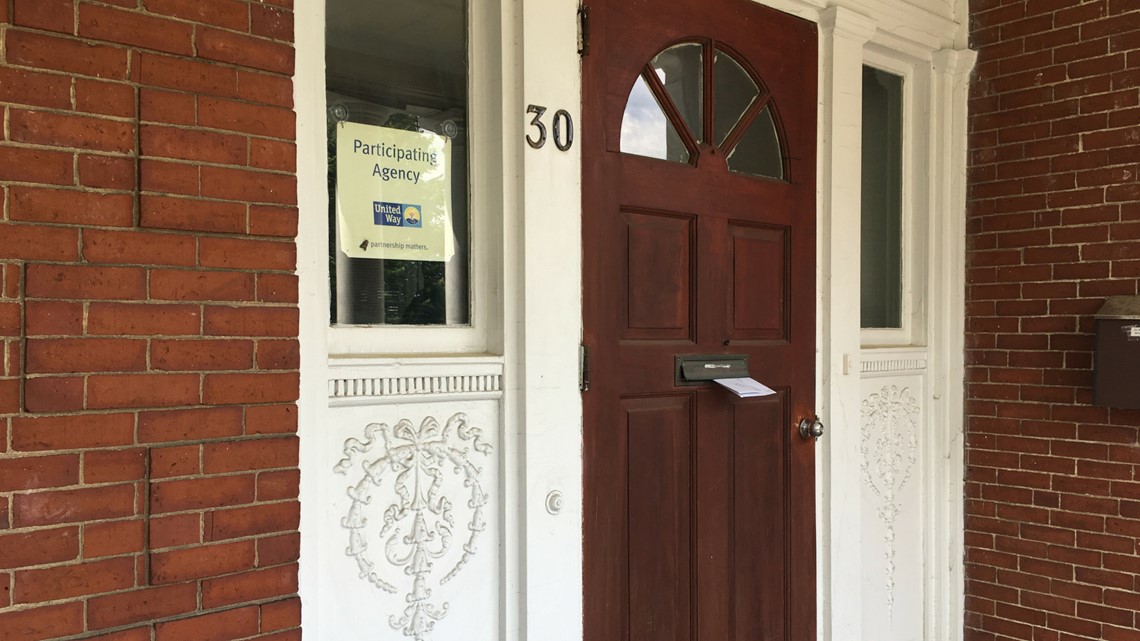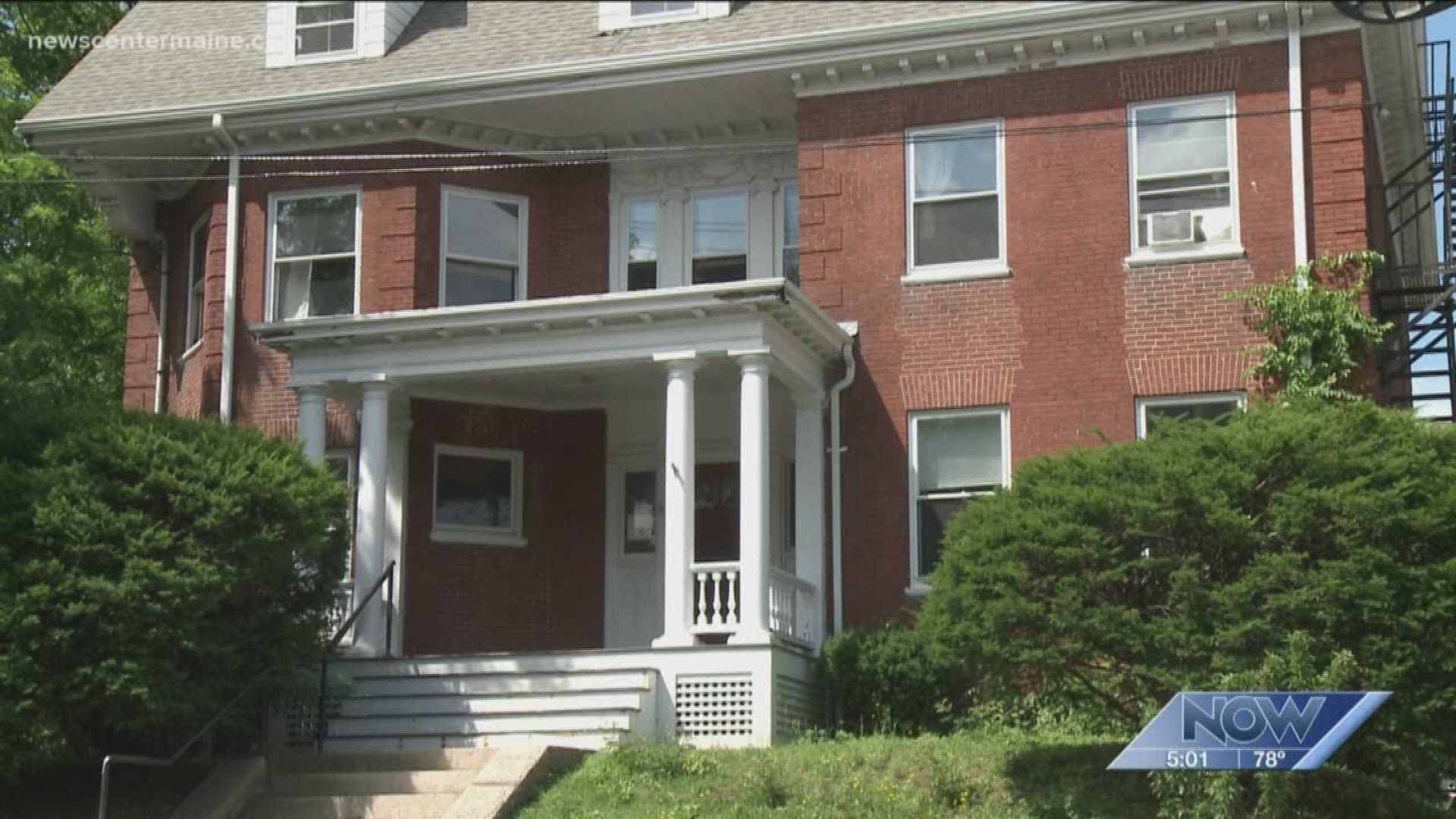PORTLAND (NEWS CENTER Maine) — In the midst of Maine’s surging opioid crisis, one of the state’s few residential treatment programs is closing its doors due to lack of funding.
Serenity House opened in 1967 and provides medication-assisted treatment, as well as group therapy for men struggling with substance use disorder. It is the longest running residential treatment program in Portland. In 2012, the York County Shelter Program took over managing the Serenity House.
Milestone Recovery Executive Director Bob Fowler said Serenity House is one of the few non-profits of its kind in Portland and the state, offering these services for people on Medicaid or with no insurance at all.
Some residents said house staff previously told them the deadline to move out was July 30, but on July 11, told them they would have to be out by Friday. Residents like Kyle Riethmann, who is about to hit five months drug-free, said Friday he is worried about the future of his recovery.
His father went through a treatment program at Serenity House in 1985, he said.
"I don't know if I can follow through with that jumping into sober living. I have to get a job which I don't have," said Riethmann.
He moved into a different sober house farther away from downtown Portland. Farther from group counseling meetings and the friends he has made while becoming sober.
"It means the world honestly because I never had friendships like this that make me proud of who I am today and make more of the person that I should be and that I want to be. To be my best self," said Reithmann.
Maine's Department of Health and Human Services reports that there are about 350 residential treatment beds in in the state. In order to receive federal funding, the homes must have no more than 16 beds, averaging about 21 facilities statewide, from Aroostook County to York County.
The state-licensed facility was required by federal law to have no more than 16 beds in order to receive federal funding. Those 16 spots, helping dozens of people begin their recovery from substance use, closed Friday.
"When people are ready and wanting that help, every resource needs to be in place so they can get the help they need," said Leslie Clark, executive director of the Portland Recovery Community Center. "Having that intensive time to really work on their recovery in a community with support and structure can make the difference between life and death."


Serenity House is different from what is typically referred to as a “sober house” or “recovery residence” because it can offer treatment in residence. Recovery residences are not state-licensed, and typically do not provide treatment, Fowler said.
Riethmann and another resident said the only option the house staff gave them was to move into the York County Shelter Program's "Anger's Farm" in West Newfield, or go to the non-profit's homeless shelter in Alfred, a new facility that opened a few months ago with 24 beds. Riethmann hopes to return to a residential treatment facility, where he can complete the program.
"It's helped so many people in this community and yet for everybody to not have that extra fallback for people to lean on is disturbing," he said.
There are other residential treatment programs in Maine:
Serenity House’s executive director, Bob Dawber, did not respond to requests for comment at the time this article was posted.
The Portland Press Herald reports Serenity House closed due to financial issues, including lack of revenue from Medicaid needed to pay for the costs of running the home.

